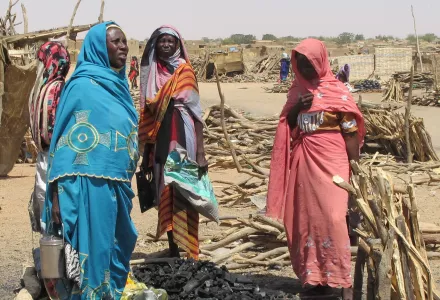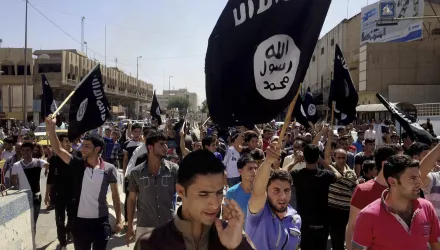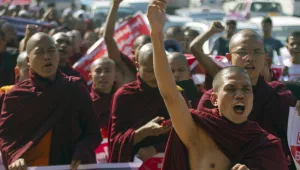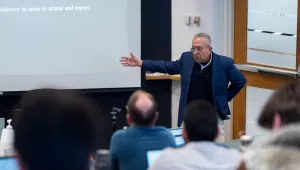Article
from
International Security

Summary
How do climate disasters shape internal conflicts? Conflict escalates when the disaster induces shifts in relative power that enable one side to increase its military efforts. But when one actor is weakened by the disaster and the other lacks the capability to exploit its weakness, conflict intensity declines. Further, only countries highly vulnerable to disasters experience changes in the dynamics of their civil wars.
Recommended citation
Tobias Ide, "Rise or Recede? How Climate Disasters Affect Armed Conflict Intensity," International Security 47, no. 4 (Spring 2023): 50–78, https://doi.org/10.1162/isec_a_00459.
Up Next



